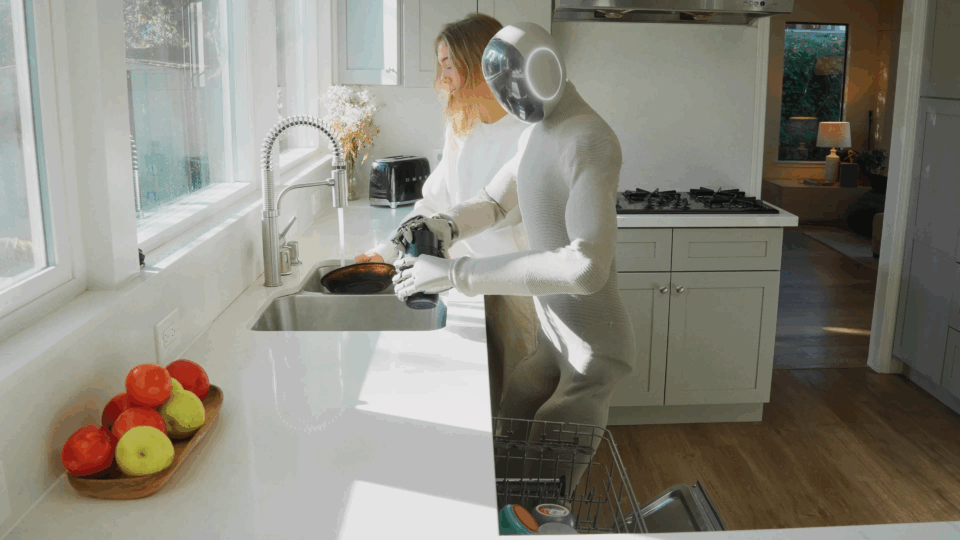
Humans learn the norms, values and behaviors of society from each other — and Bernt Børnich, founder and… Read Article

Humans learn the norms, values and behaviors of society from each other — and Bernt Børnich, founder and… Read Article
Building effective agentic AI systems requires rethinking how technology interacts and delivers value across organizations. Bartley Richardson, senior director of engineering and AI infrastructure at NVIDIA, joined the NVIDIA AI… Read Article
Industrial AI is transforming how factories operate, innovate and scale. The convergence of AI, simulation and digital twins is poised to unlock new levels of productivity, flexibility and insight for… Read Article
Think tap to pay — but smarter and safer. Visa is tapping into AI to enhance services for its global network of customers, focused on fraud prevention, personalization and agentic… Read Article
Enterprises across industries are exploring AI to rethink problem-solving and redefine business processes. But making these ventures successful requires the right infrastructure, such as AI factories, which allow businesses to… Read Article
The quick-service restaurant (QSR) industry is being reinvented by AI. For example, Yum! Brands — the world’s largest restaurant company and parent company of KFC, Taco Bell, Pizza Hut and… Read Article
Financial services has long been at the forefront of adopting technological innovations. Today, generative AI and agentic systems are redefining the industry, from customer interactions to enterprise operations. Prem Natarajan,… Read Article
Isomorphic Labs is reimagining the drug discovery process with an AI-first approach. At the heart of this work is a new way of thinking about biology. Max Jaderberg, chief AI… Read Article
Necessity is the mother of invention. And sometimes, what a person really needs is hot chocolate served to them by a robot — one named after a pop star, ideally…. Read Article